No idea why we are here
The History of Martial Law in Korea
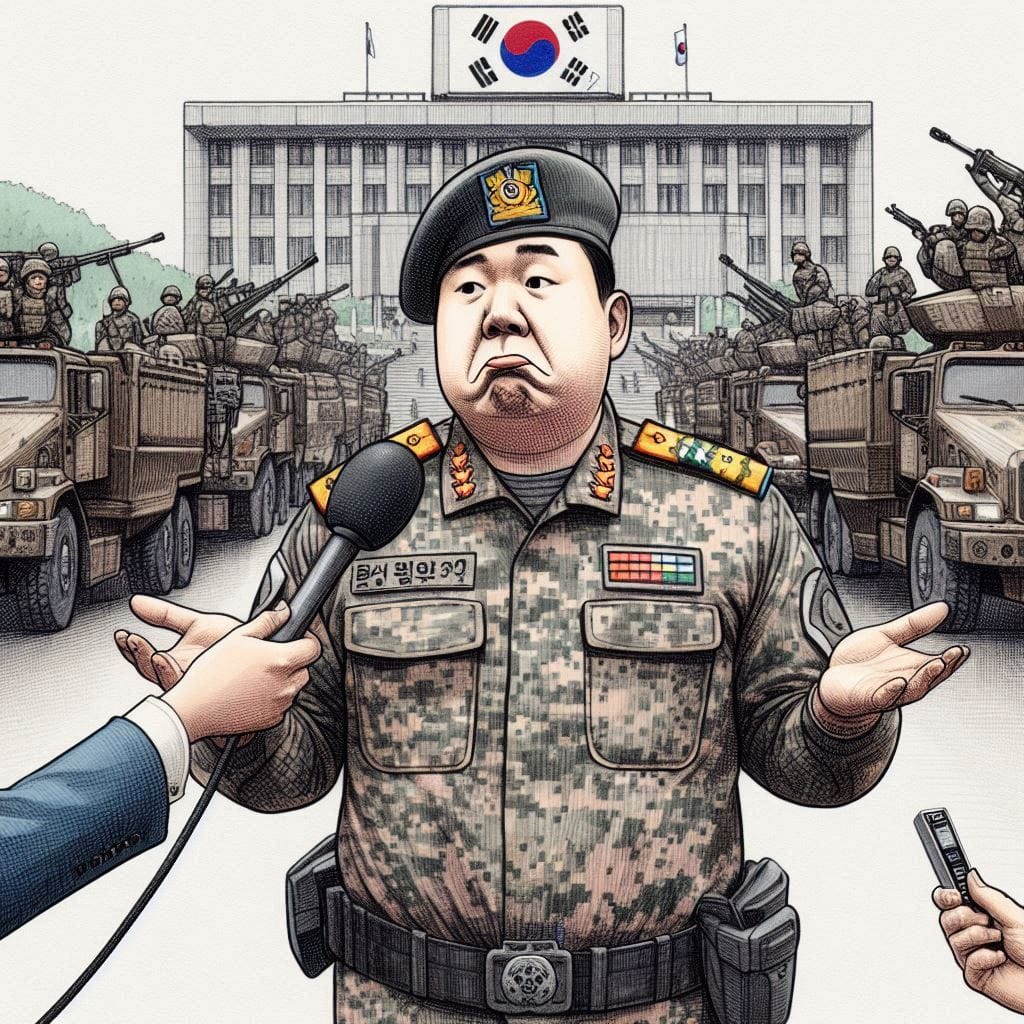
On the last night of December 3rd, South Korean President Yoon Suk-yeol declared a state of emergency, which was later followed by the National Assembly passing a resolution to lift the emergency order. (Luckily, it was a silly dream that lasted only about three hours in the middle of the night.😤) This has drawn significant interest from foreigners regarding the constitutional concept of "proclaiming a state of emergency" in Korea.
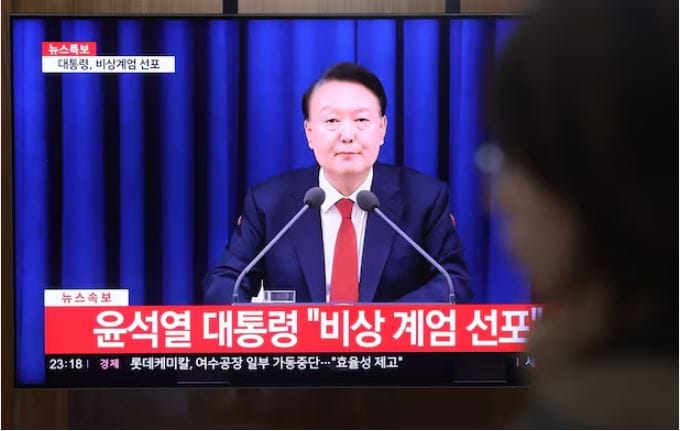
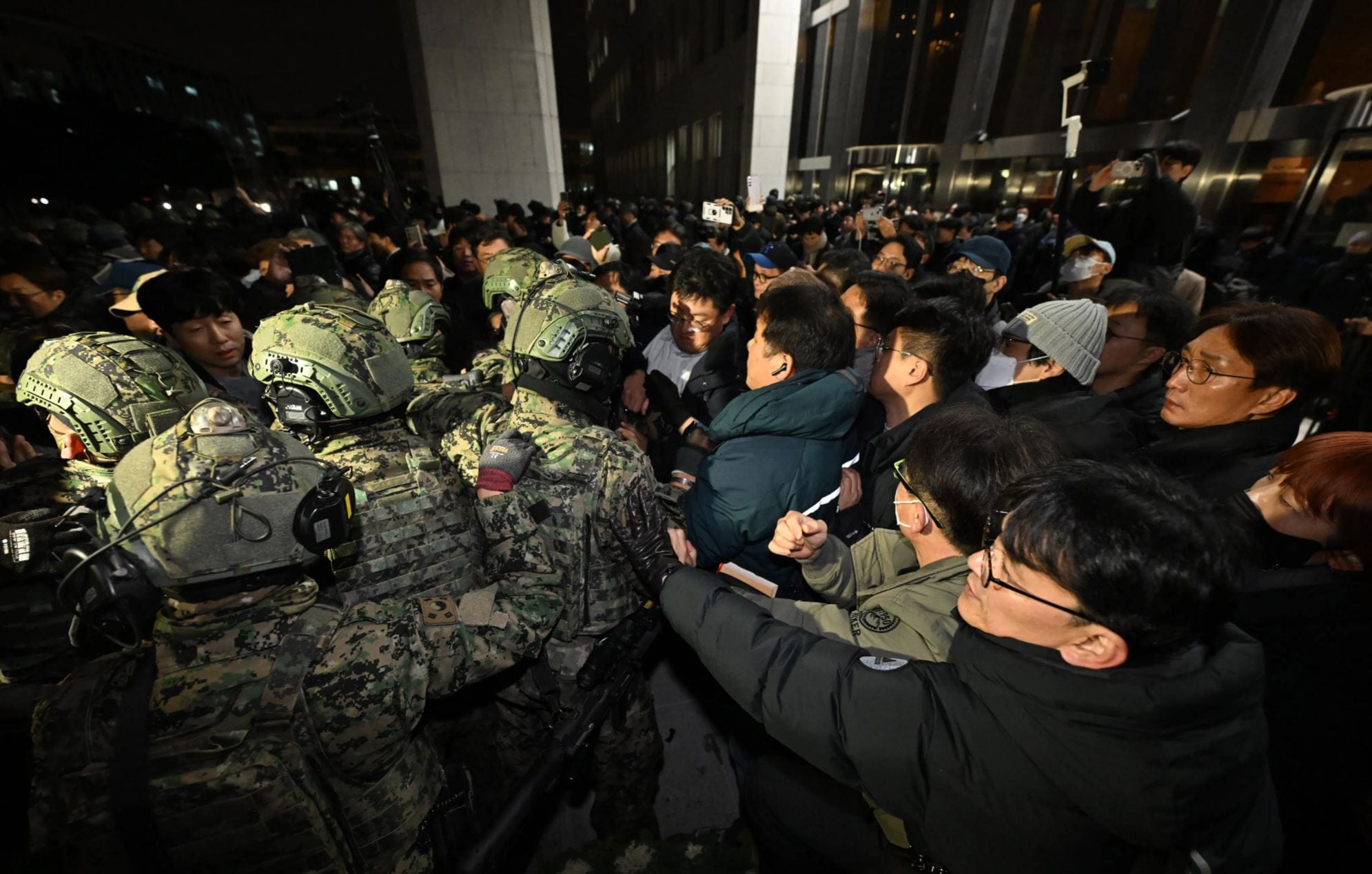
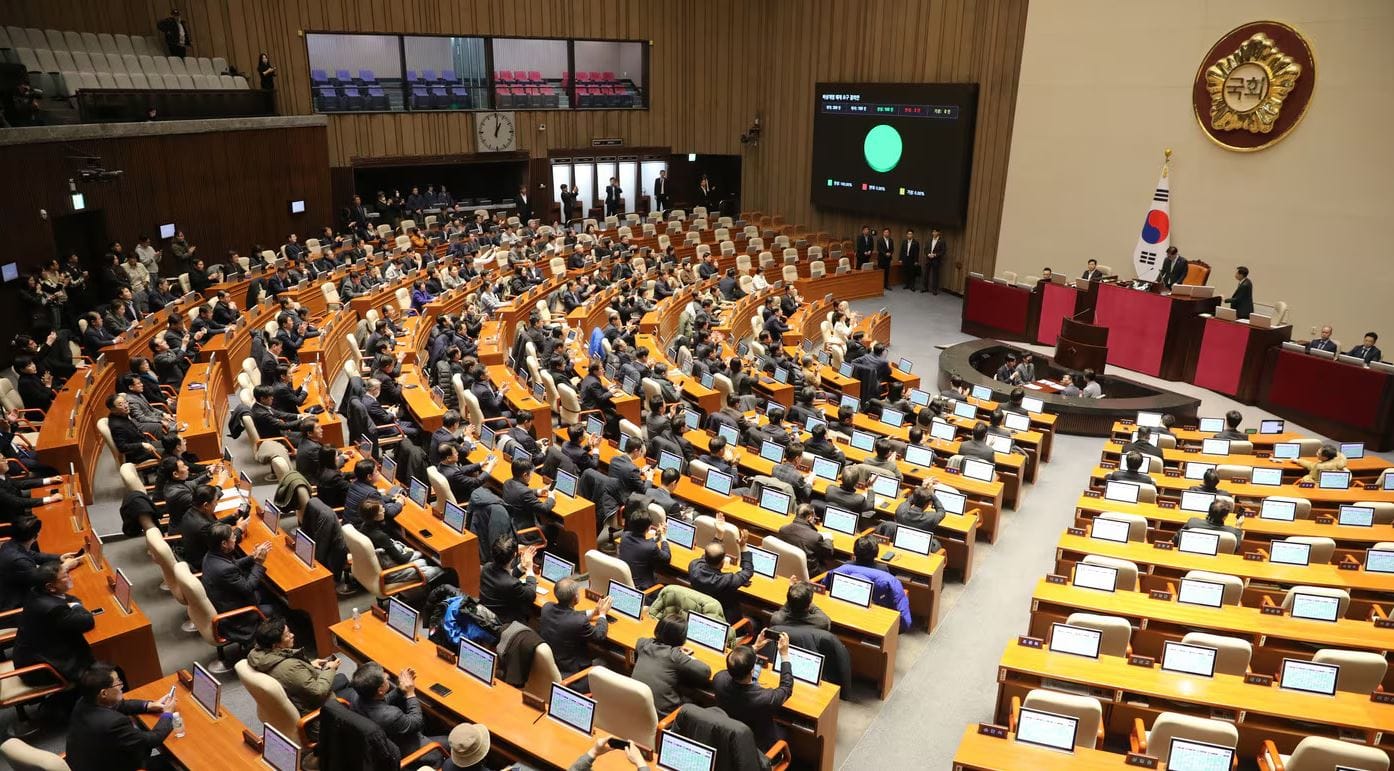
Fortunately, the declaration of a state of emergency was very clumsy. Unlike in the past, they did not block the National Assembly or detain lawmakers in advance.🤭 The special forces deployed to the Assembly were confirmed to be from the 707th Special Mission Battalion, and they reportedly believed they were being sent to North Korea when they boarded the helicopter.😲
Martial law is declared by the president in times of war, conflict, or severe disruption of public order when military necessity or the need to maintain public order arises, making it extremely difficult to perform administrative and judicial functions—Constitution Article 77, Emergency Act Articles 2 and 10.
However, when declaring a state of emergency, the president must promptly notify the National Assembly. If the Assembly requests the lifting of the emergency decree with the majority support of its members, the president is obliged to do so.
Since the establishment of the Republic of Korea in August 1948, ten martial law declarations have been made. The former first President Lee Syngman declared the first such decree in October 1948 in response to communist forces infiltrating the Korean military and inciting rebellion; this decree lasted for 105 days.
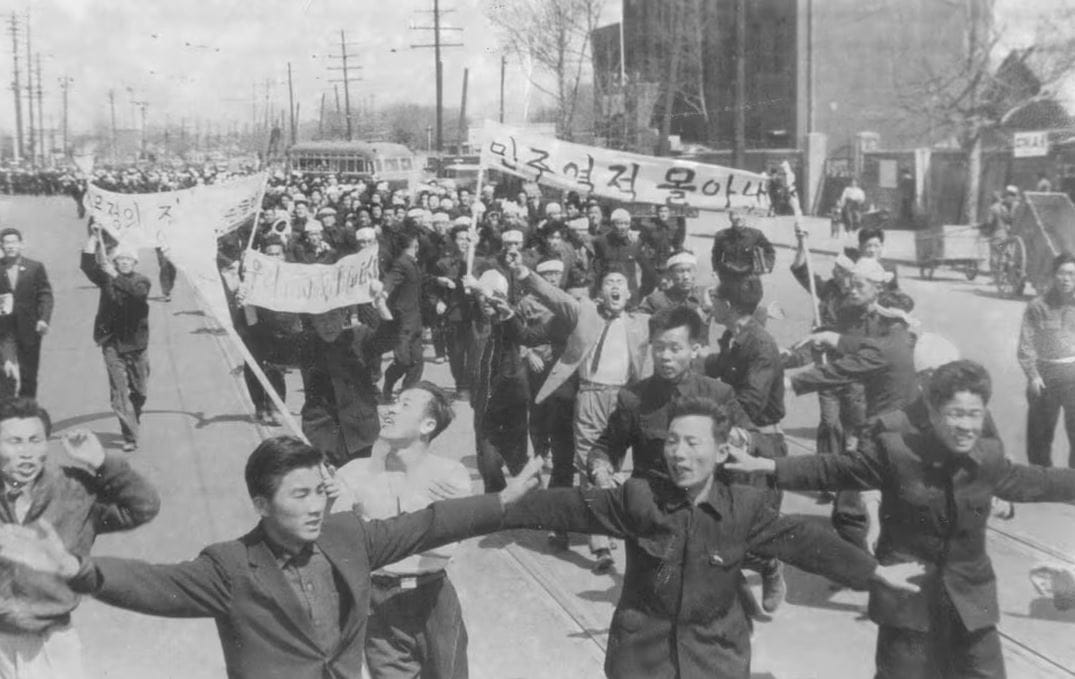
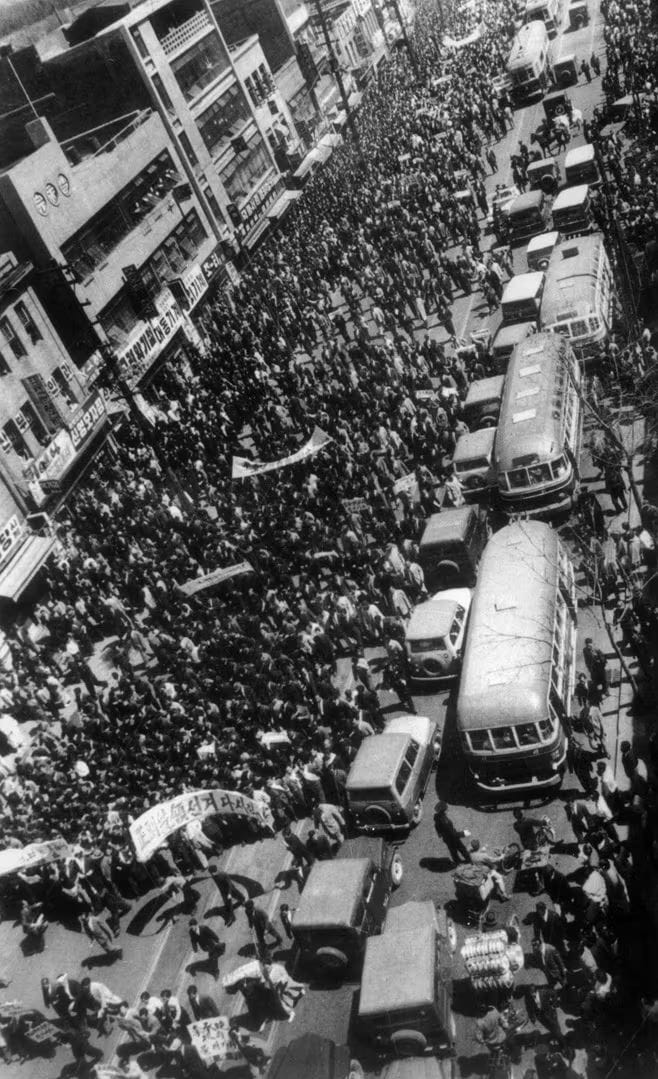
When public anger erupted into the streets over the fraudulent elections of Lee's regime, the discovery of a boy's body, who had been killed and discarded by the authorities, sparked the people’s revolution.
In the late 1940s, as tensions between communism and democracy escalated, civil unrest intensified, leading to the necessity of martial law before and after the Korean War. However, in April 1960, when citizens took to the streets to protest against the corrupt Lee administration, martial law was declared to suppress this civil revolution. Ultimately, the popular uprising led to Lee’s resignation and the end of the First Republic.
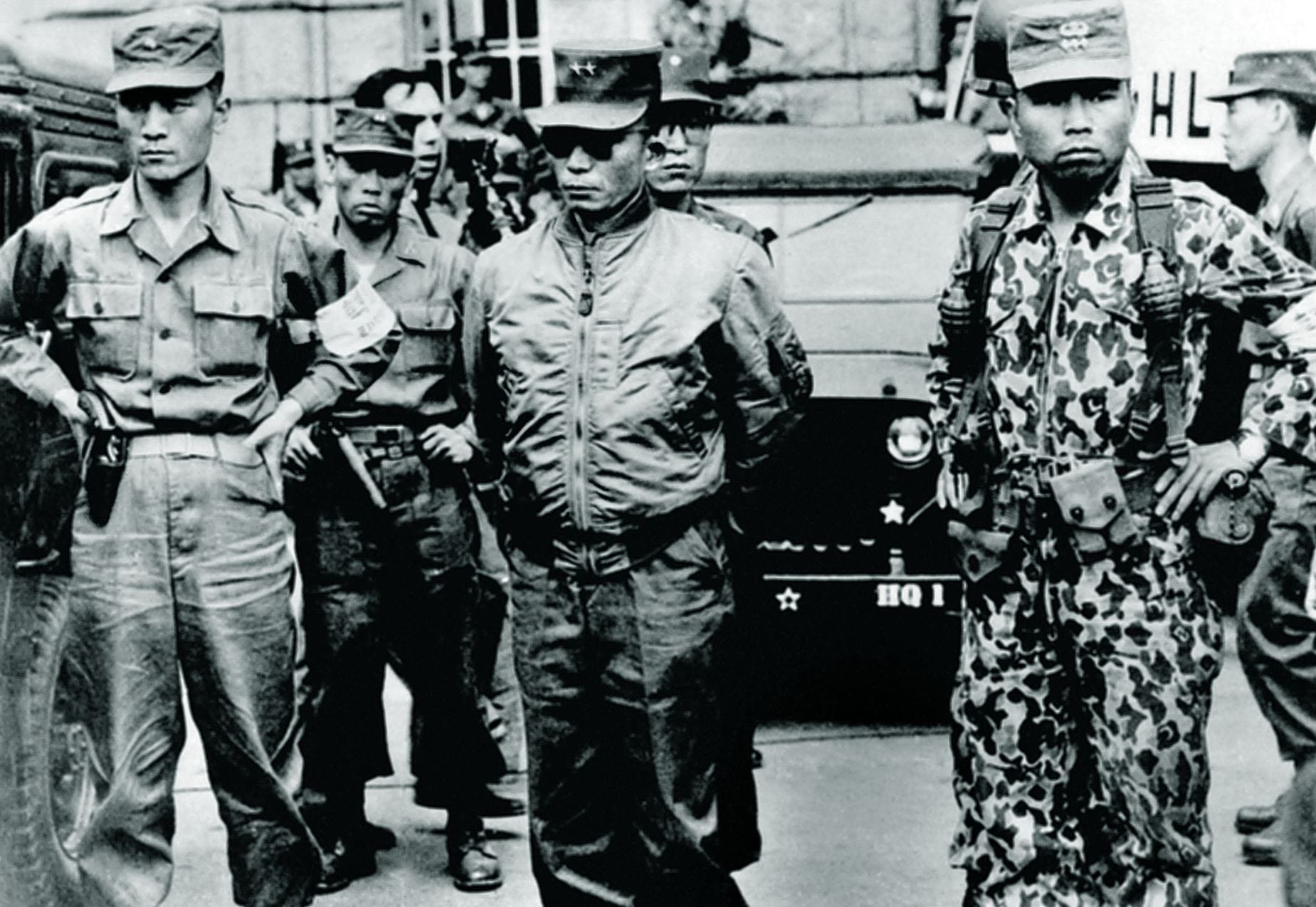
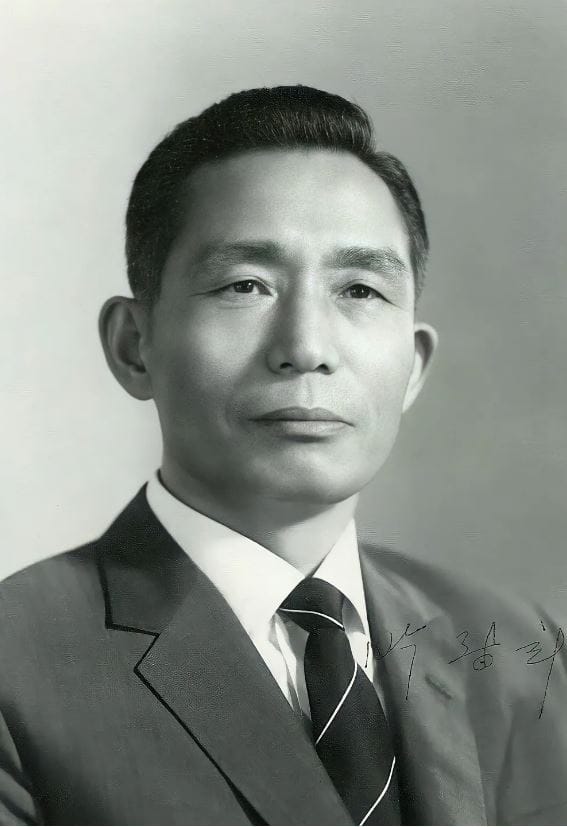
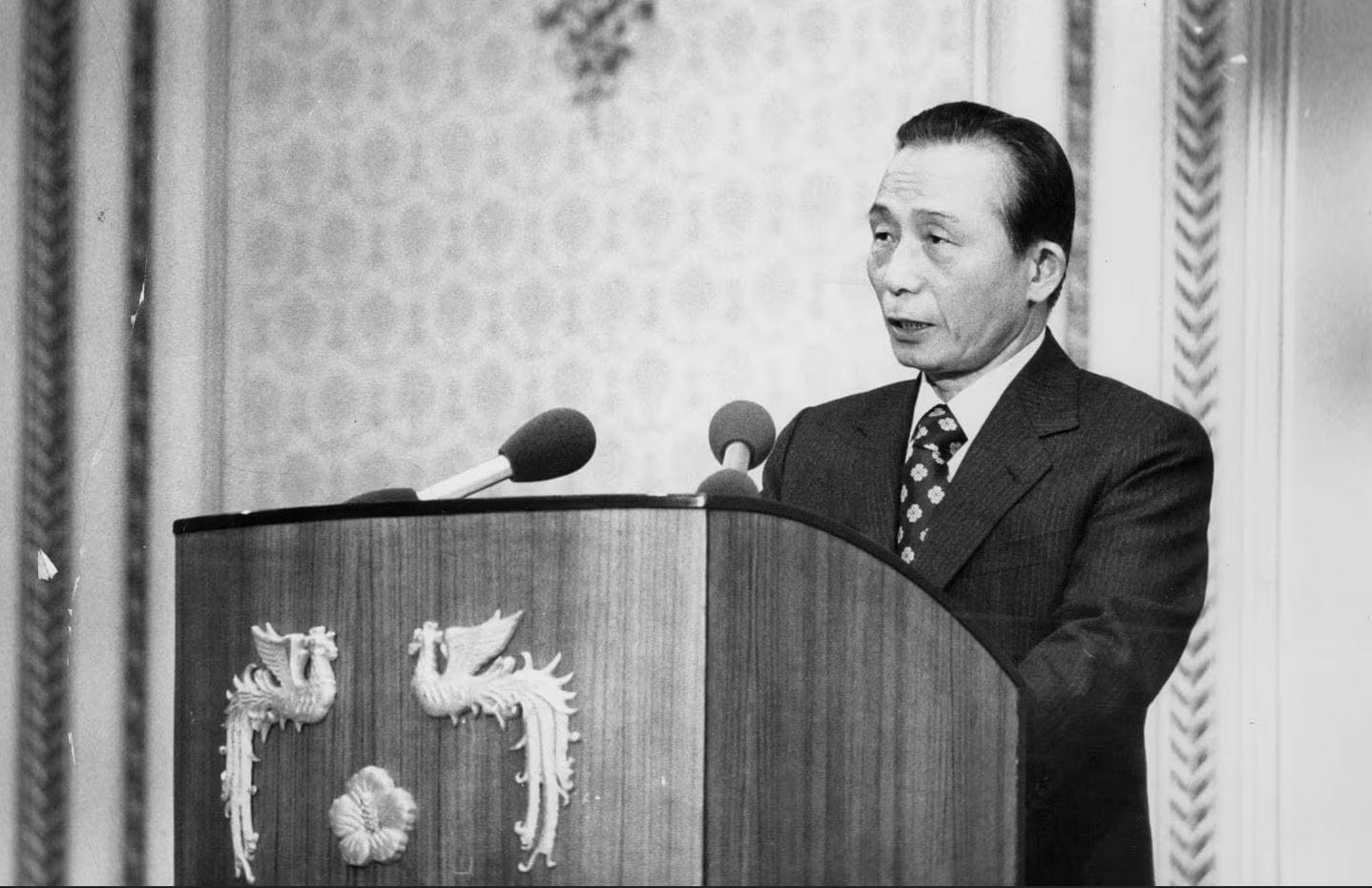
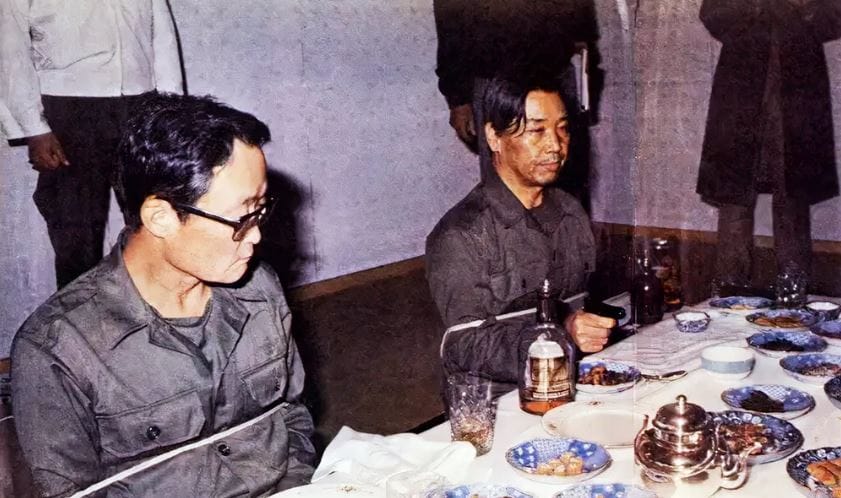
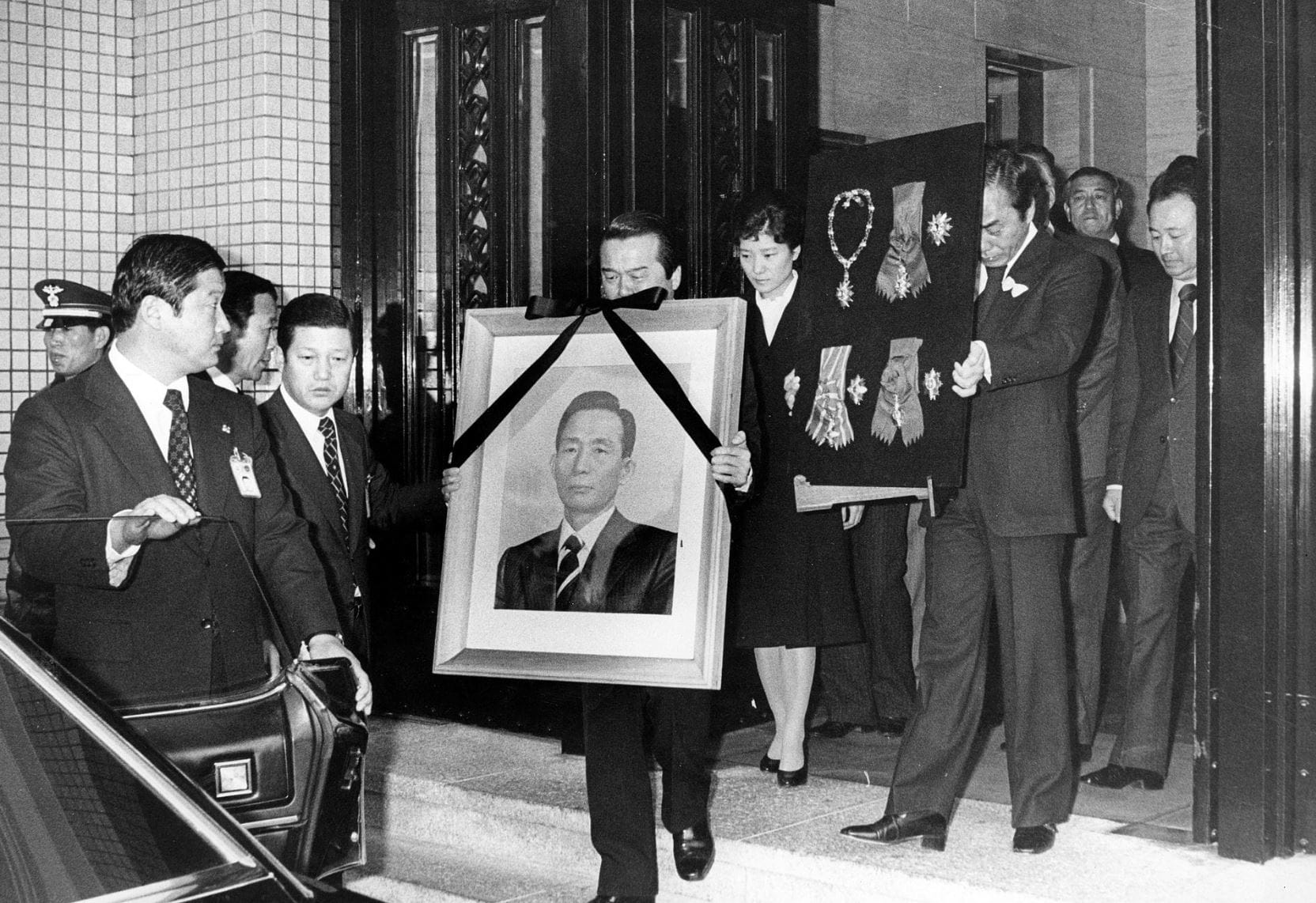
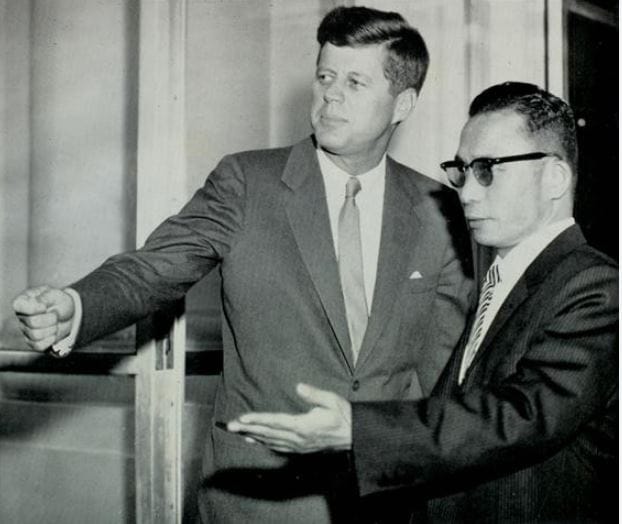
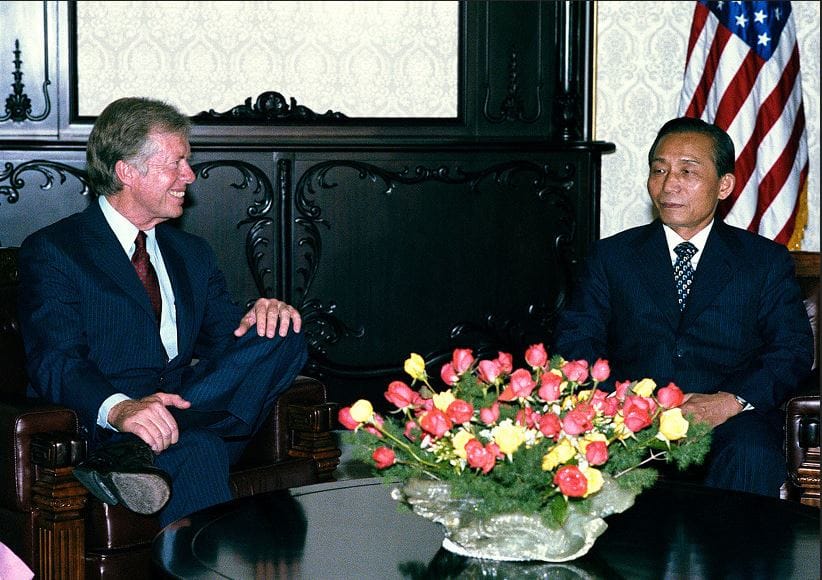
Although the powers around President Park were corrupt, he was known for his integrity and austerity. In 1979, when he was assassinated by the head of the Korean Central Intelligence Agency, there were rumors that the Carter administration, which had a negative view of South Korea, was behind it. President Park secretly advanced nuclear development in response to the threat of U.S. troop withdrawal under the Carter administration. I still miss him.😢
The Second Republic, formed after the revolution, was short-lived. Former two-star General Park Chung-hee seized power through a military coup in May 1961. He was legitimately elected president three times through direct elections but gained notoriety as a dictator due to the 1972 authoritarian constitutional amendment while declaring martial law to extend his presidency in 1972. Notably, in 1979, South Korea experienced severe domestic and geopolitical turmoil, with a response from the opposition to the authoritarian constitution. Amidst this chaos, the assassination of President Park occurred at a secret dinner, leading to the declaration of martial law across the military. Despite his rise to power through a coup and a stain of the authoritarian constitutional amendment, many South Koreans still would not hesitate to regard him as a founding father of modern Korea due to the remarkable economic development during his era.🤟
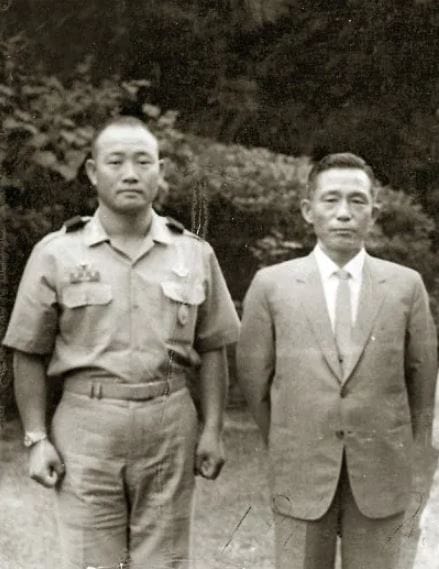
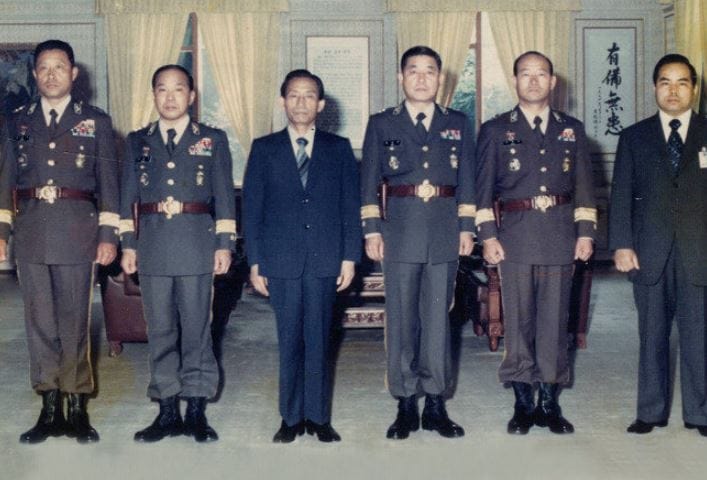
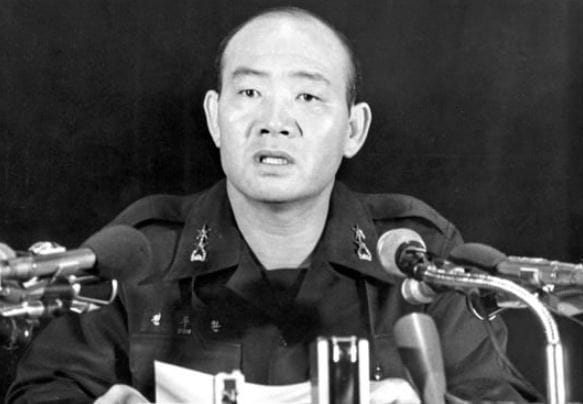
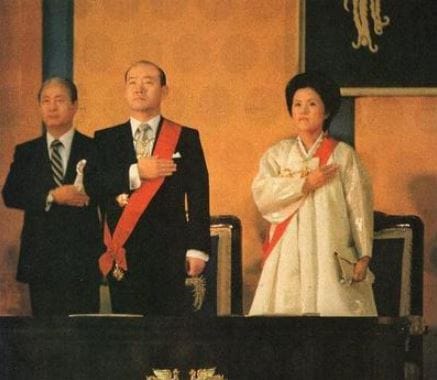
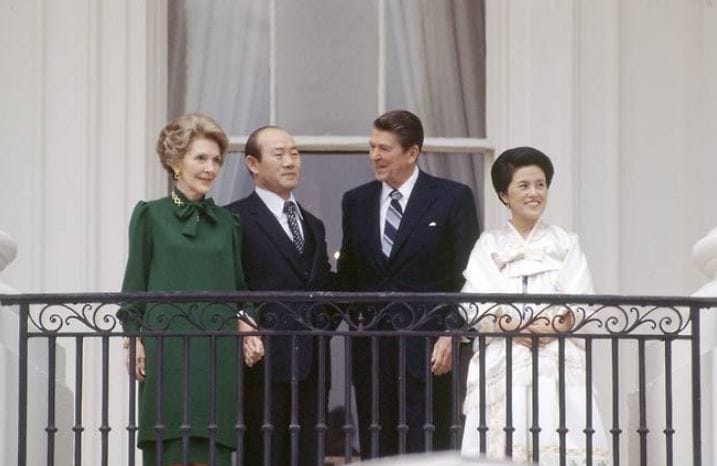
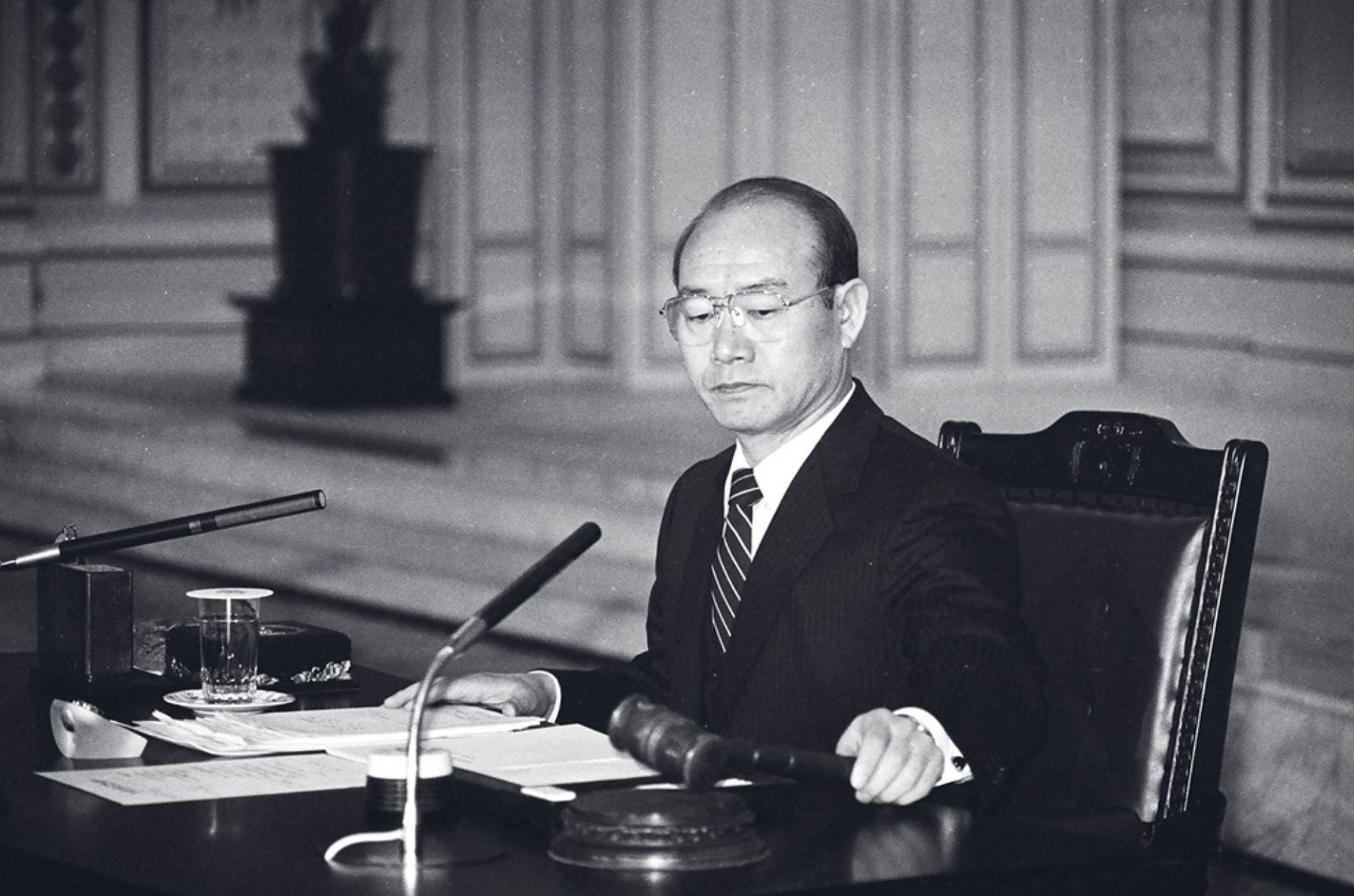
One of President Park's loyal subordinates, who headed the investigation into his assassination, eventually harbored ambitions to become the next president. President Chun staged a second coup and became president himself. While his era is remembered for its authoritarian "Iron Fist" rule, the economy thrived during that time, and the 1988 Seoul Summer Olympics were also held under his leadership.😂
Subsequently, in December 1979, the second military coup in Korean history occurred. General Chun Doo-hwan took power, marking the start of the Fifth Republic, coinciding with the Reagan era in the United States.

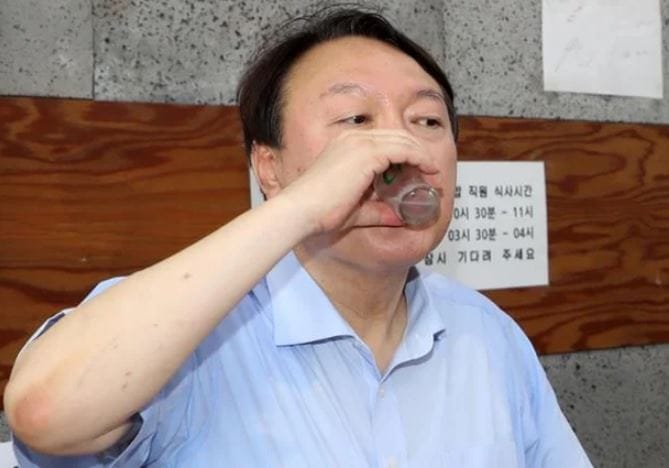
A cartoon mocking the incumbent president who declared a state of emergency yesterday. It is said that he enjoys drinking like an alcoholic.😠😡💢👊
Most martial laws were declared to maintain power, resulting in numerous civilian casualties.😭 The current government, however, is a legitimate government elected by the people, not one that seized power through a military coup. The justification for declaring a state of emergency yesterday was due to the opposition party controlling the legislature excessively, cutting the executive branch's budget, and attempting to impeach officials recklessly. Such actions were perceived as an abuse of power by the majority party, claiming the need to restore national order and protect the country from threats posed by North Korea. However, these justifications are significantly at odds with the Constitution, leading to a situation where the public finds it difficult to understand the president's intentions.🤷♂️
The South Korean public's response to yesterday's emergency declaration was sharply divided by generation. Having personally experienced the fear and severe atmosphere during President Park’s death in 1979, the older generations expressed deep concern for the future. In contrast, younger generations reacted via social media by mocking the current government and treating the situation as a mere comedy, showing more interest in the turbulence in the value of cryptocurrencies, stocks, or exchange rates.😢
Having undergone a painful modern history, South Koreans are less willing to tolerate undemocratic and illegal violence or propaganda. Political pressures from the opposition are expected to incite protests and demonstrations, but it is hoped that the situation will not escalate into the violent clashes seen in the 1970s and 1980s.🙏
For those foreigners surprised by last night's emergency decree, declared the first since 1979, it's reassuring that the government has lifted it, normalizing society. We will welcome you to visit Korea even more.🙏🙏🙏✔️

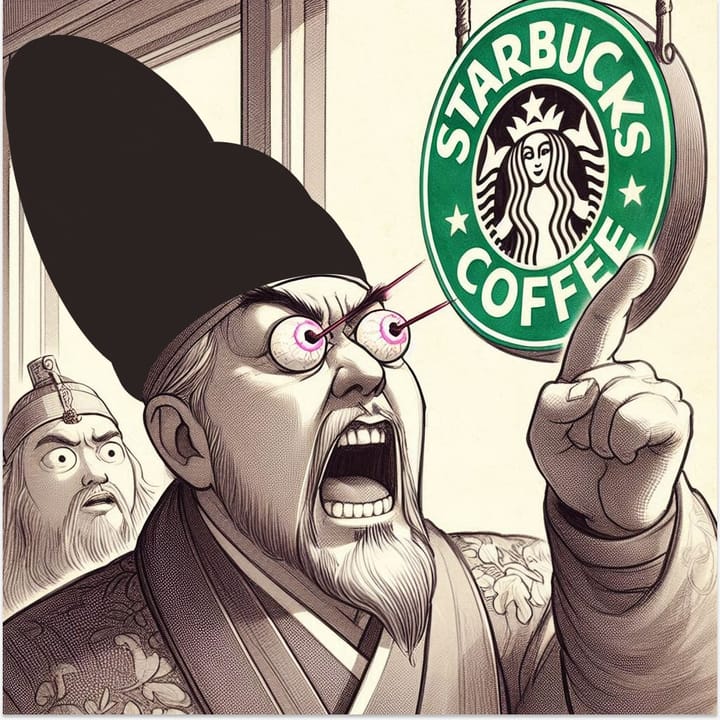
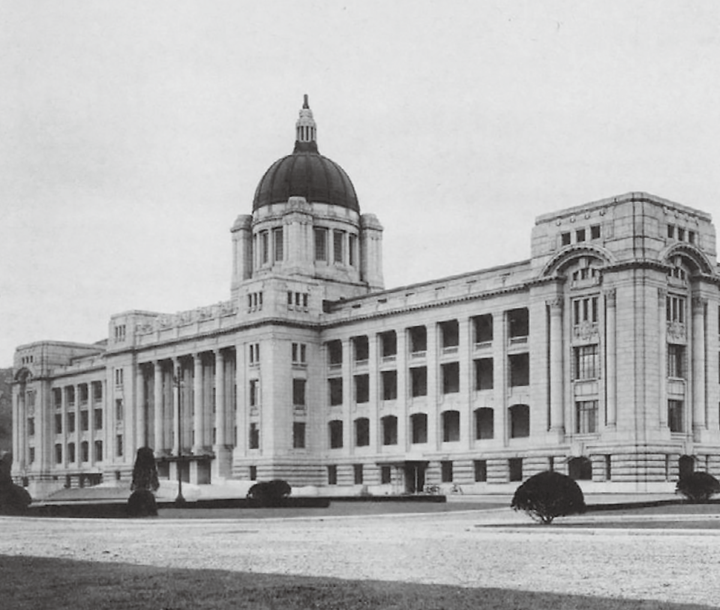
Comments ()